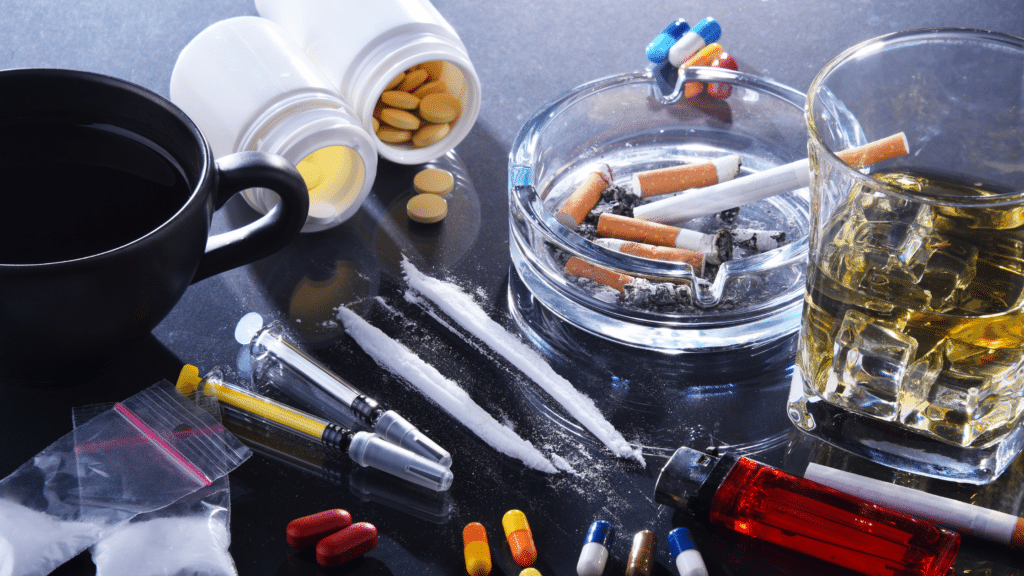
People take drugs for many reasons, but mostly to avoid dealing with the challenges of life by numbing the pain. Eventually drug use turns into drug abuse and finally to drug addiction. Most people use the two terms interchangeably, but the truth is there is a difference between drug abuse and drug addiction.
Most people will try an illicit drug during their life. There is a difference in drug use and drug abuse. Drug abuse is the use of illegal drugs or the inappropriate use of legal drugs. People who abuse drugs are using them to obtain a specific feeling – a “high” – that they can’t get from other substances. Often drug abuse is recreational with the drugs being used to loosen a person up and make them feel like they fit in with the crowd.
Drug addiction, on the other hand, is the uncontrollable use of drugs and the inability to stop using drugs in spite of health or social consequences. People with a drug addiction are physically and emotionally unable to stop using drugs. Their bodies have become used to having the drug in the system, and stopping the drug use brings about often painful physical and psychological symptoms.
Drug addiction does begin with drug abuse when an individual makes a conscious choice to use drugs, but addiction is not just “a lot of drug use.” Recent scientific research provides overwhelming evidence that not only do drugs interfere with normal brain functioning creating powerful feelings of pleasure, but they also have long-term effects on brain metabolism and activity.
At some point, changes occur in the brain that can turn drug abuse into addiction, a chronic, relapsing illness. Those addicted to drugs suffer from a compulsive drug craving and usage and cannot quit by themselves. Treatment is necessary to end this compulsive behavior.
Many people view drug abuse and addiction as strictly a social problem. Parents, teens, older adults, and other members of the community tend to characterize people who take drugs as morally weak or as having criminal tendencies. They believe that drug abusers and addicts should be able to stop taking drugs if they are willing to change their behavior. This just isn’t true.
People from all walks of life abuse drugs and become addicted. We can start combating these problems if we educate ourselves and each other about drug abuse and drug addiction. It is an ever-growing epidemic that doesn’t have to take hold of people or society. Drug abuse and drug addiction can be stopped, but only if we start with education.
The symptoms of drug addiction can vary widely depending on the specific substance and individual factors. However, common signs and symptoms of drug addiction may include:
It’s important to note that the presence of these symptoms doesn’t necessarily mean someone is addicted to drugs, but they could be indications of a developing problem. If you or someone you know is struggling with drug use and its impact, seeking help from a medical professional or addiction specialist is crucial for proper assessment and support.
Are you or someone you know suffering the devastating effects of addiction? We can help. Alteri Behavioral Health offers intensive outpatient programs, medicine assisted treatment, suboxone clinic, case management, therapy, and more. You don’t have to suffer from the chains of addiction, there is hope. Get treatment and on the road to recovery with Alteri Behavioral Health.
Alteri Behavioral Health has locations in Danville, Frankfort and Lexington, KY. Contact us to schedule an appointment!
Find others like you and learn how they have overcome their drug addiction.